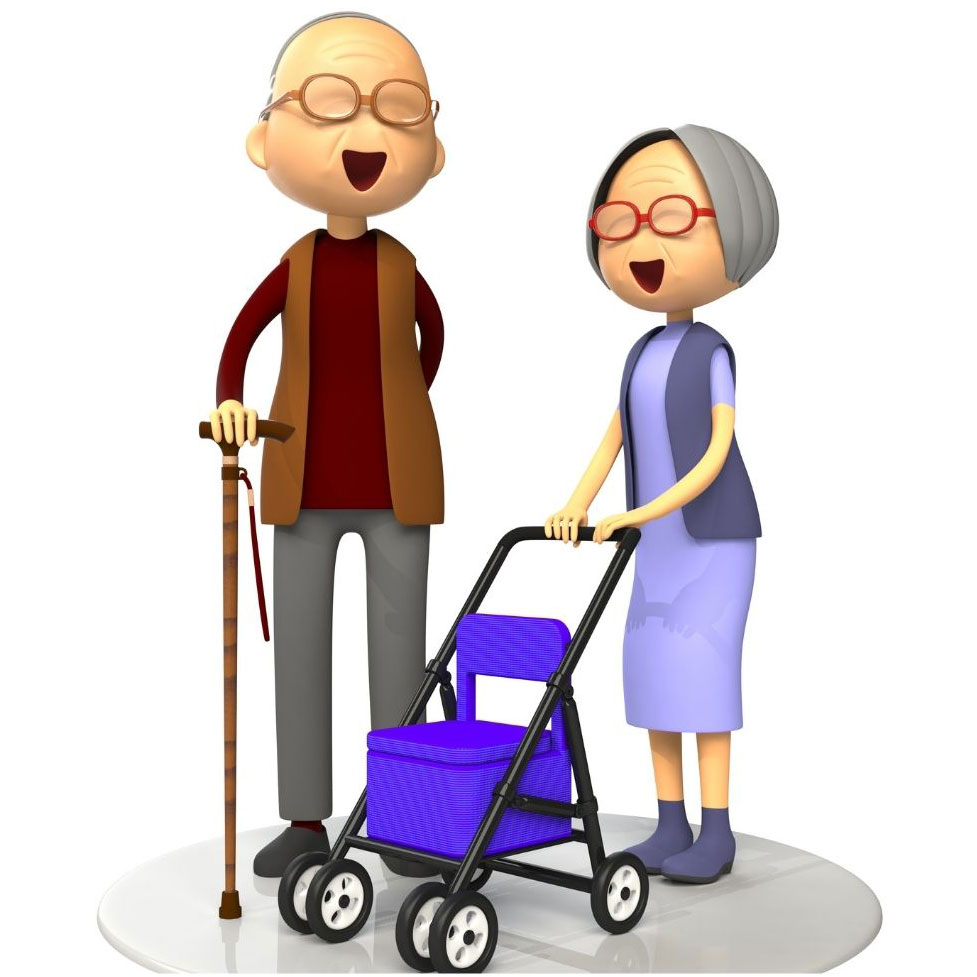Looking for how to care for the elderly? This review reveals the best ways on how to care for the elderly. This includes health, finance, and relationships.
Elderly care, or simply eldercare or aged care), serves the needs and requirements of senior citizens. It encompasses assisted living, adult day care, long-term care, nursing homes, hospice care, and home care. Because of the wide variety of elderly care needs and cultural perspectives on the elderly, it includes a broad range of practices and institutions.
Elderly care emphasizes the social and personal requirements of senior citizens who wish to age with dignity while needing assistance with daily activities and with healthcare.
In this article, we’re reviewing how to care for elders in 2021.
How To Care For The Elderly: Kind… Safe… Affordable…
Work With Your Elder To Assess Their Needs.
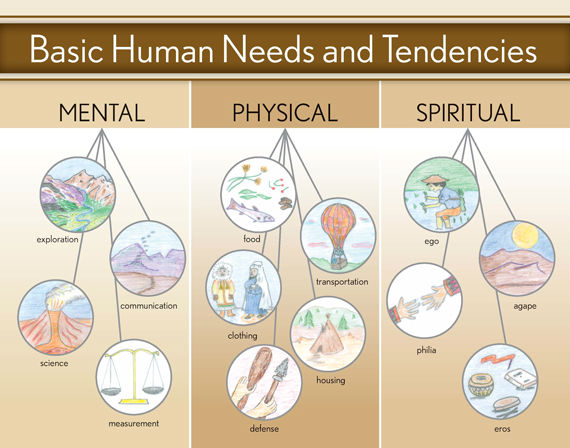
Before you can provide care for an elderly person, you need to figure out what kind of care would benefit them the most. Depending on their overall health and how well they can manage day-to-day tasks, they may need anything from occasional help to constant support. Talk to them, spend time observing them, and work with their healthcare providers to determine their needs.
Consider whether your loved one has difficulty managing basic activities, such as feeding themselves, moving around their home, getting dressed, or taking care of their hygiene. If so, they may need home support from you or a professional caregiver.
If they are still able to do most of their basic daily activities without help, you may only need to provide occasional support. For example, you might offer to come over once a week to help with errands or household chores.
Keep Elders Involved In Their Care Decisions

To help them feel more independent and in control of their situation, include them in all conversations and decisions about their care. If your loved one feels that other people are making all their choices for them, they may be more resistant to receiving help.
For example, you might say, “It seems like you’re having some trouble keeping up with the housework these days, Dad. Do you think it would help if I came over every couple of days to help out?”
Listen actively to anything they have to say about their needs or their feelings about the care options you are considering. If they have any objections, hear them out completely without being dismissive or minimizing their concerns.
Install Safety Features In The Home.
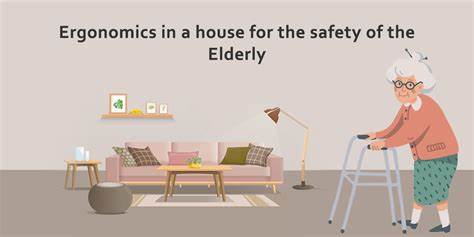
- Whether your loved one is still living independently, is staying with you, or has live-in support, you can help them by making their home environment safer and more accessible. Get advice from a doctor, an elder care specialist, or a physical or occupational therapist about the kinds of modifications that would benefit your loved one the most.[3] For example, they may need:
- Grab bars or railings installed in bathrooms, hallways, and other living areas
- Shower seats or elevated toilet seats
- Ramps or stair climbers
- Non-slip surfaces on stairs, on floors, and in showers
- Improved lighting in dim areas of the home
- Anti-scalding devices in showers and sinks
Help Your Loved One Stay Active.

- The CDC recommends that older adults get at least 150 minutes of moderate exercise each week. To help keep your loved one healthy and happy, encourage them to incorporate manageable levels of physical activity into their daily lives.
- Talk to their doctor or a physical therapist about what types and amount of physical activity they can do safely. For example, if your loved one has osteoarthritis, they may need to stick to gentle, joint-friendly activities such as swimming, stationary cycling, or light yoga or Tai Chi.
- Those who are unable to exercise independently can still benefit from being active. Passive Range of Motion (ROM) exercises can help elderly people maintain joint mobility, for example. These exercises involve moving the person’s limbs for them to help limber up their joints. Ask a doctor or physical therapist to show you how to do these exercises correctly.[5]
- Look for enjoyable activities that you can do together, like going on nature walks or working in the garden.
Stay Involved In Their Medical Care.
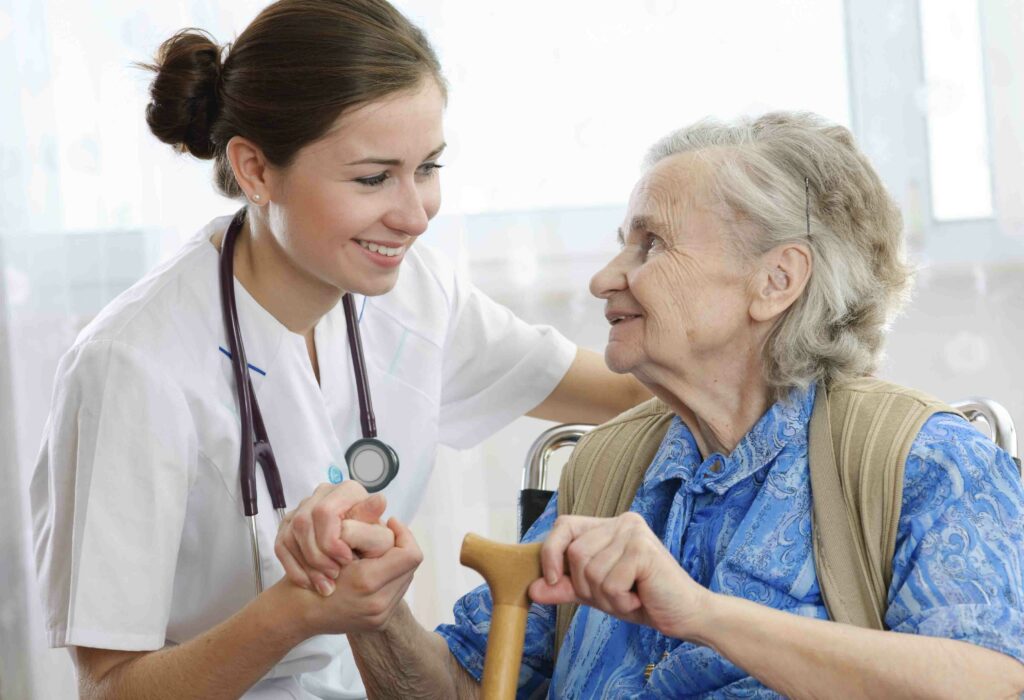
- Most older adults deal with a variety of age-related illnesses and health conditions. To ensure that your loved one gets the best possible care, talk to them and their health care team to familiarize yourself with the specific issues they are dealing with. Keep an eye out for any new or worsening symptoms and make sure they seek medical attention if you notice any changes in their condition.[6]
- Familiarize yourself with any medications they take so that you can be aware of possible interactions or side effects. If they have trouble remembering to take their medications, look for ways to help them stay organized, such as using a pill sorter or calling regularly to remind them.[7]
- Watch for common warning signs of a possible health problem, such as forgetfulness or confusion, falling or lack of coordination, weight loss or changes in appetite, or changes in mood or behavior.
- Emotional problems are also common in older adults. Look out for signs of depression or anxiety, such as irritability, sadness, lack of energy, or loss of interest in things they used to enjoy.
Encourage Them To Socialize.
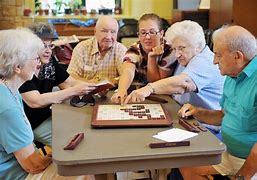
- Older adults who spend time with friends stay physically, emotionally, and mentally healthier than those who don’t. Urge your loved one to socialize as much as possible, even if it’s just chatting on the phone with a friend.[8]
- If they don’t have much of a social network, you might suggest taking classes or participating in other activities where they can meet people, such as dances or book club meetings.
- Many older people benefit from spending time with their grandchildren. If you’re caring for an elderly parent and you have kids, try asking them to babysit or do other fun activities with the children, like playing board games or reading books.
Offer To Help With Chores And Errands.

- As people age, it can become more difficult for them to manage day-to-day tasks like cooking, cleaning, and grocery shopping. Talk to your loved one about what you can do to help them meet these needs.[9]
- For example, you might sit down with them once a week to write up a grocery list, then go to the store and get what they need.
- If they have a hard time driving, offer to give them rides to medical appointments, the store, or other places they need to go regularly.
Examples Of Daily Living Activities
- Self-feeding
- Functional Mobility
(moving while performing activities, getting in and out of bed, in and out of a chair) - Dressing
- Bathing or Showering
- Personal Hygiene
(includes brushing/styling hair, shaving, grooming activities) - Toilet Hygiene
(includes getting to the toilet, self-cleaning, getting up from the toilet) - Cooking and Preparing Meals
- Cleaning and Maintaining the Home
- Shopping and Buying Necessities
- Running Errands
- Managing Money and Paying Bills
- Speaking or Communicating on the Phone or Through Other Devices
- Taking Prescribed Medications
If they have impaired mobility and health issues that make it difficult or impossible for them to take care of these activities independently then you need to find them the appropriate help. Whether it’s providing care (you or someone else who is qualified) or investing in the proper equipment and accessories to help them continue doing daily tasks independently, be aware that there are many choices and options available.
Conclusion
Elderly care emphasizes the social and personal requirements of senior citizens who wish to age with dignity while needing assistance with daily activities and with healthcare.
Eldercare is not easy. It requires commitment, time, energy, and love.
Good Luck…
Here Are Some Other Posts You Might Be Interested In:
[amazon bestseller=”how to care for an elder”]
